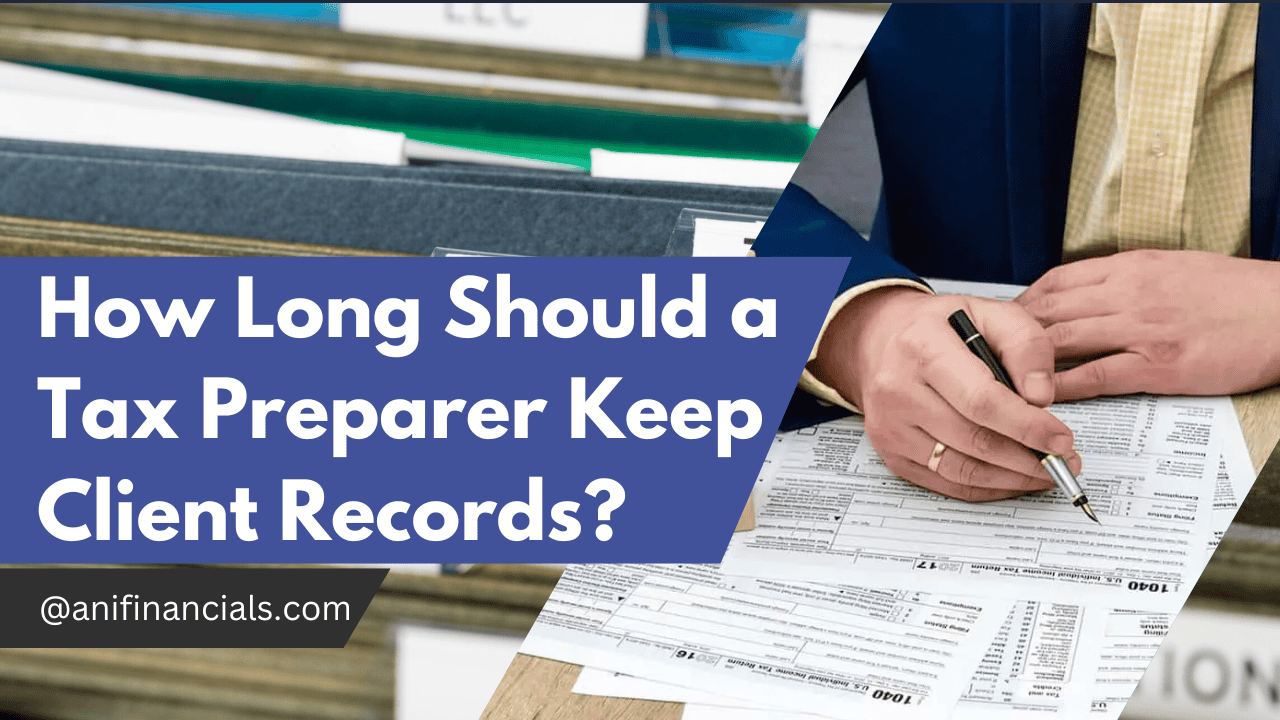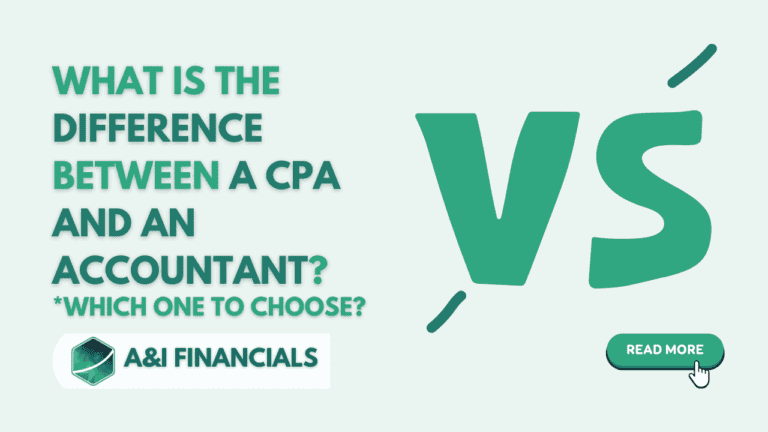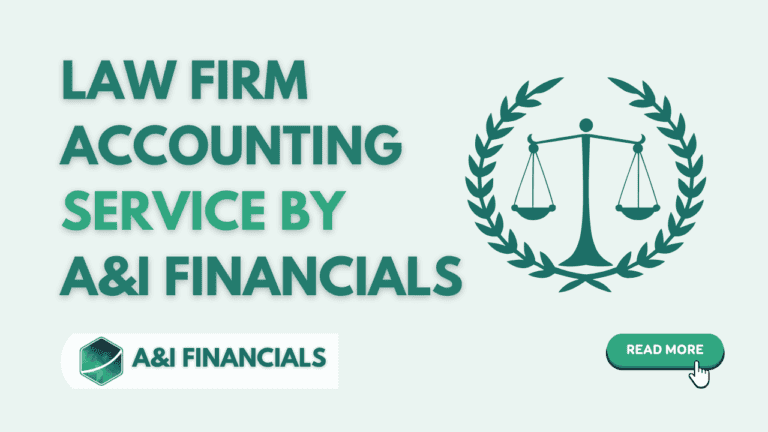How Long Should a Tax Preparer Keep Client Records?
Have you ever wondered how long should a tax preparer keep client records? Let’s dive into it. The quick answer is, typically, for at least three years. But there’s much more to it than that. It’s not just about ticking boxes and following rules. It’s about understanding the whys and hows that make record retention crucial for tax preparers and their clients.
The Importance of Keeping Tax Records
When it comes to taxes, records are everything. They tell the story of your financial year – every dollar earned, every deduction claimed, every cent spent. These records, ranging from income and expenses to deductions and credits, are what tax professionals use to prepare accurate and compliant tax returns. Without them, filing a return accurately would be nearly impossible.
Definition of Tax Records
Tax records include any documentation that supports the figures you report on your tax returns. This can be receipts, invoices, bank statements, payroll records, and other relevant documents. They are the backbone of your financial reporting.
IRS Guidelines on Record Retention
The Internal Revenue Service (IRS) has set general guidelines for how long tax preparers should keep records. Generally, the IRS recommends keeping records for at least three years. However, this period can extend depending on various situations.
General IRS Guidelines
For most taxpayers, three years is the magic number. This period begins from the date you filed your tax return. But if you file a fraudulent return or fail to report income, the IRS suggests keeping records indefinitely.
Specific IRS Retention Periods
- Income Tax Returns: Keep for at least three years.
- Bad Debt Deduction: Keep for seven years.
- Worthless Securities: Retain for seven years.
- Period of Limitations: If you underreported income by more than 25%, keep records for six years.
State Regulations
While the IRS provides federal guidelines, state regulations can vary. Some states might require longer retention periods. For instance, California suggests retaining records for four years. Always check your state’s specific requirements to ensure compliance.
Types of Clients and Their Records
Different clients have different record-keeping needs. Here’s a breakdown:
Individual Taxpayers
For individuals, keeping records that support income, deductions, and credits for three years is usually sufficient. This includes W-2s, 1099s, receipts for deductions, and other relevant documents.
Small Businesses
Small businesses need to keep records that detail their income and expenses. This includes sales receipts, purchase invoices, payroll records, and tax returns. The IRS advises retaining these for at least three years.
Corporations
Corporations should keep extensive records of their financial transactions, including income, expenses, and asset records. Given the complexity, it’s prudent for corporations to maintain these records for seven years.
Non-Profit Organizations
The income, donations, and expenses of non-profits must be meticulously recorded. These organizations should retain records for at least seven years to comply with IRS guidelines and ensure transparency.
Best Practices for Record Retention
Adopting best practices for record retention can save time and prevent headaches down the line.
Recommendations for Tax Preparers
- Organize Records: Keep records in a systematic manner – by year and category.
- Digital vs. Paper Records: Consider scanning paper records and maintaining digital backups.
- Software Tools: Use reliable software for record management to streamline the process.
Legal Considerations
Failing to keep proper records can have serious legal implications. If a client is audited and lacks the necessary documentation, they could face fines and penalties. Moreover, during legal disputes, having well-maintained records can be crucial in defending against claims.
Impact on Audits and Legal Disputes
The audit process can be smoother and less stressful if you have comprehensive records. It provides a clear trail of your financial transactions and supports the accuracy of your tax returns.
What Should I Do with My Records for Nontax Purposes?
For nontax purposes, keep records to track personal finances, verify transactions, and support insurance claims. Store them securely, either digitally or in a safe place, and regularly review them to ensure they are up-to-date and organized. This practice helps maintain financial clarity and security.
Overview of Tax Record Retention from McGinnis Lochridge
The McGinnis Lochridge article emphasizes the importance of maintaining tax records for specific periods. It recommends keeping personal tax returns for at least three years, business tax returns for six years, and permanent records indefinitely. Proper documentation helps in audits, legal disputes, and financial management.
How A&I Financials Handle Tax Records?
At A&I Financials, tax records are managed meticulously to ensure compliance and security. The firm retains personal and business tax records according to IRS guidelines, typically for at least three years, with some documents kept indefinitely. They use advanced software to organize and store records securely, making them easily accessible for audits or financial planning. This diligent approach not only ensures compliance with legal requirements but also provides peace of mind for their clients.
Technological Tools for Record Management
In today’s digital age, technology offers great tools to help with record management.
Software and Tools
- Cloud Storage: You can store your records digitally using services like Google Drive or Dropbox.
- Accounting Software: Tools like QuickBooks or Xero help in maintaining and organizing financial records.
- Document Management Systems: These systems can automate the process of record retention and ensure compliance with retention policies.
Benefits of Using Technology
Using technology not only makes record-keeping easier but also enhances security and accessibility. Digital records can be easily searched, reducing the time spent looking for specific documents.
Client Communication
It’s essential for tax preparers to inform clients about the importance of record retention and provide clear guidelines on how long to keep documents.
Informing Clients
Tax preparers should educate clients on the types of records they need to keep and for how long. Providing a simple retention schedule can be very helpful.
Providing a Retention Schedule
Give clients a list or schedule detailing the retention periods for different types of records. This makes it easier for them to comply and ensures they keep the necessary documents.
Professional Standards
Tax preparers should adhere to professional standards set by organizations such as the American Institute of CPAs (AICPA). These standards emphasize the importance of ethical practices and proper record retention.
Ethical Considerations
In addition to being legally required to keep accurate records, it is also ethically required. It ensures transparency and builds trust with clients.
Disposal of Records
When it’s time to dispose of old records, do so securely to prevent data breaches.
Proper Disposal Methods
Shred paper records and ensure digital records are permanently deleted. By doing this, sensitive information is protected from being misused.
Security Measures
Use secure disposal services and software that can permanently erase digital files. Always prioritize data security when disposing of records.
Case Studies and Examples
Real-life examples can highlight the importance of proper record retention.
Real-life Examples
Consider the case of a small business that was audited. They had meticulously kept all their records, which made the audit process smooth and painless. On the flip side, another business failed to retain proper records and faced significant fines and penalties.
Lessons Learned
The key takeaway is the importance of keeping thorough and organized records. Compliance with IRS guidelines can save you from potential legal issues.
Updates and Changes
Tax laws and regulations are constantly evolving. For proper record retention, it is crucial to stay up-to-date with these changes.
Keeping Up-to-Date
Regularly review IRS updates and state regulations to ensure your record retention practices remain compliant.
Adapting to New Laws
Be flexible and ready to adapt your record-keeping practices as new laws and guidelines are introduced. By doing so, you reduce the risk of legal issues and ensure ongoing compliance.
Conclusion
In the world of tax preparation, how long should a tax preparer keep client records is a critical question. While the general guideline is three years, various factors can extend this period. By understanding the IRS guidelines, state regulations, and best practices for different types of clients, tax preparers can ensure they maintain accurate and compliant records. Utilizing technological tools, informing clients about retention schedules, and adhering to professional standards further enhance the efficiency and security of record-keeping. Remember, well-maintained records are not just a legal requirement but also a cornerstone of trustworthy and ethical tax preparation practices.







